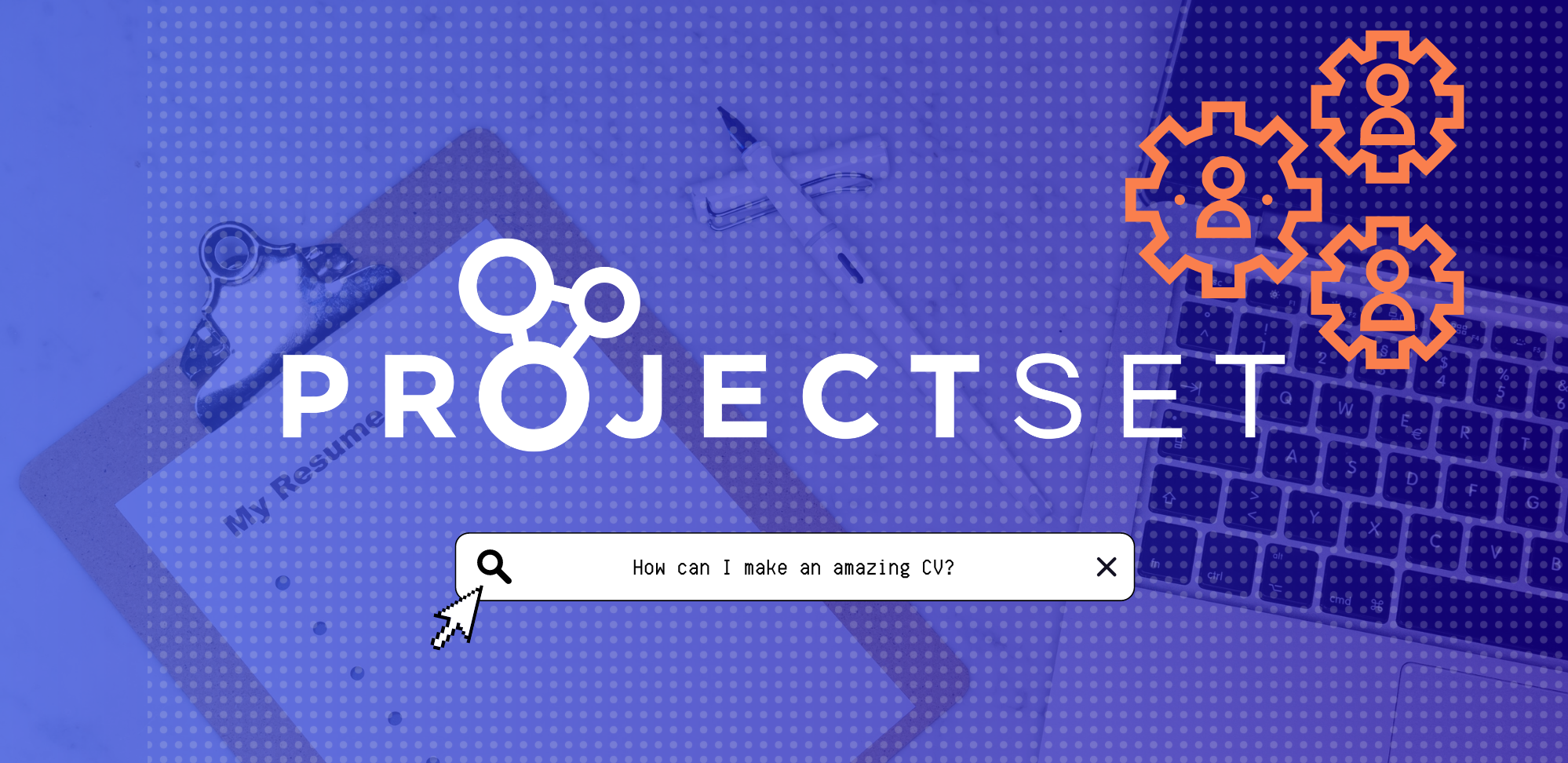How to Create an Amazing CV
Aug 8, 2023
You cannot make a perfect CV - because there is no such thing as one! But keep reading to learn some tips and tricks to create a CV that's perfect for you.
Let’s dive into these tips and tricks that will help you create your own version of a perfect CV to land you your dream job.
Do your research
Sound boring? Well, no pain no gain! You need to research the skills that recruiters are looking for.
Go on platforms like LinkedIn, TotalJobs, etc to search for your desired roles, and go through the job descriptions. Try to highlight some key skills and note them down. See below for an example:
After doing your research, let's start writing your actual CV.
The first quarter of the CV is very important as that is what the recruiter will look at and decide whether to continue further reading your CV or not. This part of the CV needs to be impactful.
Add LinkedIn to your profile
You can add a custom LinkedIn URL or try to embed a word hyperlink to your LinkedIn profile. This is a must, as it will help the recruiter look at your personal branding in broader terms.
Use a professional email address
Let's be real, waiting4you@outside.com is not a professional email address. It should be formatted appropriately, for example: firstname-surname@gmail.com. When your email address looks professional, it comes across as genuine as well.
Your 'Education' section
Recruiters do not worry about how many grades you have scored because they know that having practical proven experience will be more effective. Sometimes they might look for key qualifications such as English and Mathematics, but they will make this clear in their job descriptions.
So rather than including your scores, mention your projects and competition achievements.
Your 'Experience' section
This section needs to start with your latest relevant experience. Always start the sentence with action words. It should be in bullet points and with meaningful measurable metrics.
The Responsibility and Result formula can be used to create these bullet points.
For people with no experience, you can also add your internship experience or any other project you have worked on in your course or at any other place.
For instance, rather than using “Creatively arranged the store items to increase footfall”, you could write, “Increased footfall in the store by efficiently creating visual display as a result of which sales increased by 20%”.
TIP: If you are an experienced candidate, you can move the Experience section above the Education section!
Your 'Skills' section
Soft skills are usually underrated when it comes to the skills section. They are as equally important as hard skills because, referring to the example above, the person was able to increase sales because they have communication skills, a can-do attitude, and team leadership skills.
Hard skills are also a must as technicalities are always there. These can include some software, some apps, or even some systems that you can operate. The key is combining your soft skills with your hard skills to show your capabilities at your workplace.
Do not use buzzwords or clichés! This is a big NO! Avoid using phrases like “Hard working team player”, “I go the extra mile”, and “I am a strong communicator”. Rather than stating these phrases, show their implication. That way it will be more convincing. For example: rather than saying "I go the extra mile", say what you did to go above and beyond to achieve that goal or target. (You can google resume buzzwords or clichés and remove all this from your CV.)
Use the right keywords and skills (you have already done your research before so this will be easier) in order to make your application considered for an interview.
Your 'Certificates/Achievements' section
It is not mandatory to have this section in your CV but is advisable since it will show your professional achievements. You can fill this section with list of all the certificates and awards you have, with the latest one being on the top. If you wish you can also mention the year in which you secured the certificate as well.
If you have any sports achievements you can mention them as well. To see how to add your sports achievement to your CV, we've written another blog post on the topic that you can read here.
Some general tips!
- Keep your CV simple and short with a length of around 1-2 pages with all the most relevant information on page 1.
- Tailor your CV according to the job description of the particular job you are applying for.
- Do not overlook the small things like grammar and spelling mistakes. Follow the same structure throughout the CV.
- Once your CV is finished, email it to ten individuals you know or submit it to some recruiters and alumni; get their input and make any necessary revisions.
ProjectSet is also one such platform where you can take part in virtual hackathons, competitions, projects and much more which can be added to your CV.
Sign up for free and boost your CV today!



